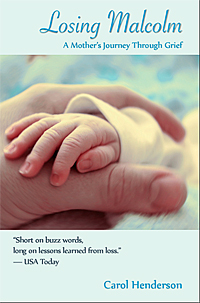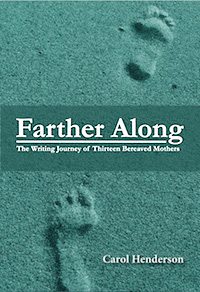Cruelest Month?
The start of spring has inspired poets forever, so it’s appropriate that April is National Poetry Month. Here’s T.S. Eliot’s depressive take on the season — from “The Waste Land.” “April is the cruelest month, breeding Lilacs out of the dead land, mixing Memory and desire, stirring Dull roots with spring rain.”
I love poetry, but not the heady surreal stuff, jammed with what I called “insider” imagery.
In my college years, for instance, post-modernism reigned. The words teased but left me dangling, never followed through. I couldn’t quite get the meaning.
Or maybe there was no meaning.
Or maybe the meaning was I wasn’t smart enough to get the meaning.
I was unhinged enough already in those days — was there something else wrong with me, too? I had always thought poems were supposed to move me, but I kept that dumb idea to myself.
Now, when I come across a convoluted poem, I just push it aside.
Poetry, I have decided, is not for vocabulary cultivation or erudition building. I’ll learn new words other ways, thanks, and I’m not interested in being erudite anyway.
For fun, I might study the notes at the end of “The Waste Land.” Eliot wasn’t just flashing his erudition, he was genuinely fascinated with pre-Christian rituals, the Holy Grail and a lot of other cool things not normally associated (in my mind, at least) with dead white males.
Anyway, call me shallow, but if I’m not grabbed by a poem, I don’t have time to read it.
The poetry I read offers sensory snapshots and surprising similes that imprint on my spirit and take me places, like the way “Part of a Legacy,” by Frank Steele, takes me back to childhood in 14 popping lines:
I take pillows outdoors to sun them as my mother did. “Keeps bedding fresh,” she said. It was April then, too — buttercups fluffing their frail sails, one striped bee humming grudges, a crinkle of jonquils. Weeds reclaimed bare ground. All of these leaked somehow into the pillows, looking odd where they simmered all day, the size of hams, out of place on grass. And at night I could feel some part of my mother still with me in the warmth of my face as I dreamed baseball and honeysuckle, sleeping on sunlight.
So three cheers for poetry. Poems can make the mundane magical and suit our fractured attention — mine at least. I can get a whole poem read in one burst. Above all, a good poem makes me want to chuck all my baggage and stop whirling for just a moment, and say, “Ah, yes.”
And by the way, did you know you can have poems delivered daily to your e-mail address, from Poetry Daily and the Writer’s Almanac?

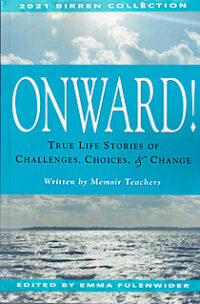 I'm happy to be part of this collection of personal stories, a collaboration involving over 60 teachers of memoir from around the world. The book is published independently by the Birren Center for Autobiographical Writing, through which the authors are certified to teach.
I'm happy to be part of this collection of personal stories, a collaboration involving over 60 teachers of memoir from around the world. The book is published independently by the Birren Center for Autobiographical Writing, through which the authors are certified to teach.
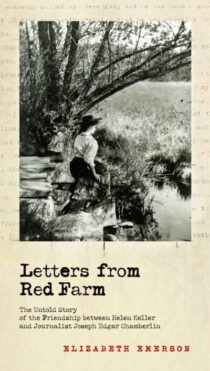 A unique and beautiful exploration of Helen Keller's abiding friendship with prominent journalist Ed Chamberlin–and much more about Keller's struggles, passions, and values. The author is Chamberiin's great-great-granddaughter.
A unique and beautiful exploration of Helen Keller's abiding friendship with prominent journalist Ed Chamberlin–and much more about Keller's struggles, passions, and values. The author is Chamberiin's great-great-granddaughter.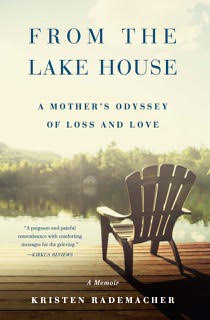 On August 8, 2020, in pandemic heat, I introduced Kristen Rademacher (via Zoom)at the launch party for From the Lake
House, A Mother’s Odyssey of Loss and Love, her wrenching memoir. Flyleaf Books, our hopping indie bookstore here in Chapel Hill, NC, hosted the event. A large crowd from across the country and around the world tuned in for the inspiring multi-media event.
On August 8, 2020, in pandemic heat, I introduced Kristen Rademacher (via Zoom)at the launch party for From the Lake
House, A Mother’s Odyssey of Loss and Love, her wrenching memoir. Flyleaf Books, our hopping indie bookstore here in Chapel Hill, NC, hosted the event. A large crowd from across the country and around the world tuned in for the inspiring multi-media event.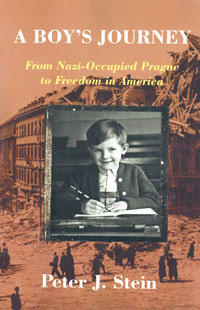 This poignant memoir gives a boy's view of life in Nazi-held Prague and his escape to freedom in a challenging America.
This poignant memoir gives a boy's view of life in Nazi-held Prague and his escape to freedom in a challenging America.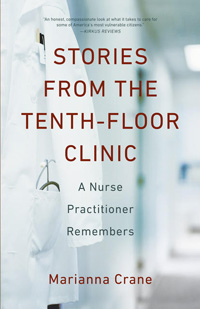 An award winning collection of powerful stories about serving the many needs of elderly and indigent patients, as one of America's first gerontological nurse practitioners.
An award winning collection of powerful stories about serving the many needs of elderly and indigent patients, as one of America's first gerontological nurse practitioners.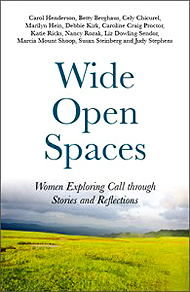 Essays by women ministers about their challenges and victories in answering the call to ministry.
Essays by women ministers about their challenges and victories in answering the call to ministry.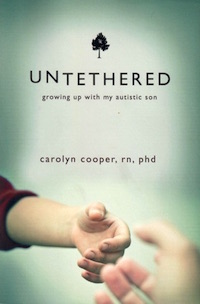 A mother's 40-year struggle to raise an autistic son – and to grow up herself.
A mother's 40-year struggle to raise an autistic son – and to grow up herself.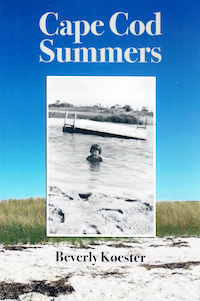 This idyllic memoir recollects the sweet and simple summer pleasures of family life in mid-century Cape Cod.
This idyllic memoir recollects the sweet and simple summer pleasures of family life in mid-century Cape Cod.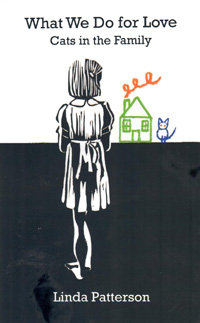 If you love your pets and make sacrifices for them, you will adore this lively book about a family's needy cats.
If you love your pets and make sacrifices for them, you will adore this lively book about a family's needy cats.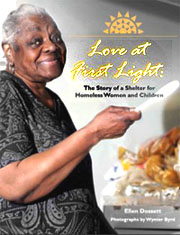 The history of a women's shelter in Birmingham, Alabama, as told through many voices.
The history of a women's shelter in Birmingham, Alabama, as told through many voices.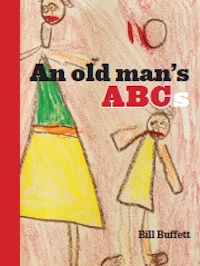 William Buffett's short essays on nearly everything, arranged as an alphabet book.
William Buffett's short essays on nearly everything, arranged as an alphabet book.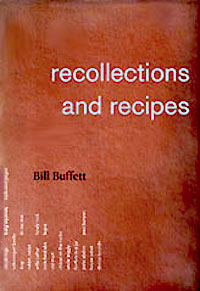 Essays about one man's dimensional life including some of his favorite recipes.
Essays about one man's dimensional life including some of his favorite recipes.